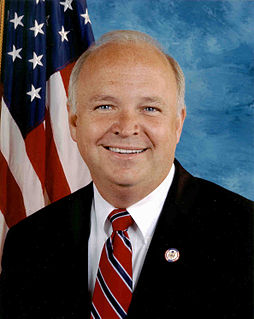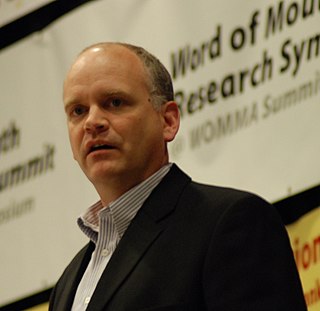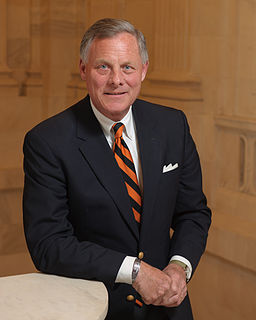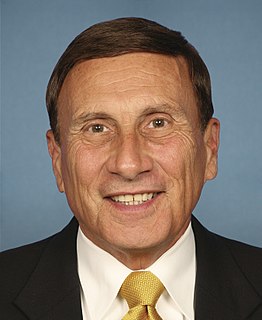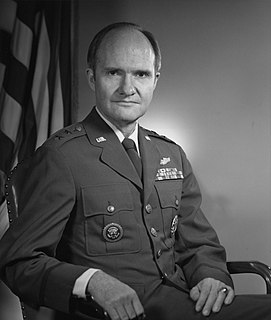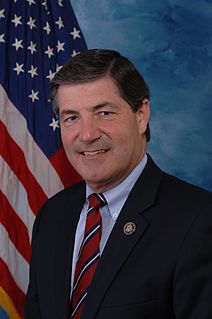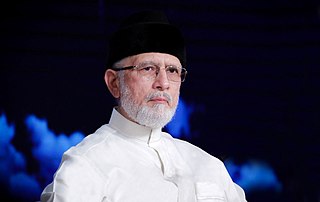A Quote by Abigail Spanberger
Just as we responded following the Sept. 11, 2001, terrorist attacks and just as an earlier generation rallied in a united front to fight World War II, members of Congress must respond to the coronavirus pandemic without regard to our party affiliation.
Related Quotes
Consistent with section 202(d) of the National Emergencies Act, 50 U.S.C. 1622(d), I am continuing for 1 year the national emergency previously declared on September 14, 2001, in Proclamation 7463, with respect to the terrorist attacks of September 11, 2001, and the continuing and immediate threat of further attacks on the United States. Because the terrorist threat continues, the national emergency declared on September 14, 2001, and the powers and authorities adopted to deal with that emergency must continue in effect beyond September 14, 2010.
Outside events can change a presidential campaign, a president, and the history of the nation: the Iranian hostage crisis, the bombing of the Marine barracks in Beirut, the downing of the helicopter in Mogadishu, Somalia, the suicide attack on the USS Cole, and, of course, the terrorist attacks of Sept. 11, 2001.
Bombing embassies or destroying non-military installations like the World Trade Center is no jihad. “[T]hose who launched the Sept. 11 terrorist attacks not only killed thousands of innocent people in the United States but also put the lives of millions of Muslims across the world at risk. Bin Laden is not a prophet that we should put thousands of lives at risk for.
Since the Sept. 11 terrorist attacks, the number of violent extremist groups has grown across multiple continents. From Syria to Somalia to Pakistan, the United States is combating many of these groups - usually with bombs and missiles. Large numbers of innocent people are invariably caught in the middle.


